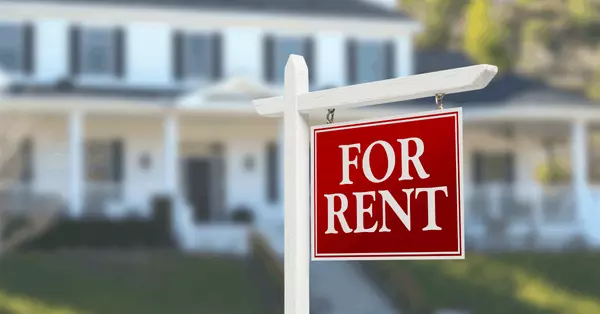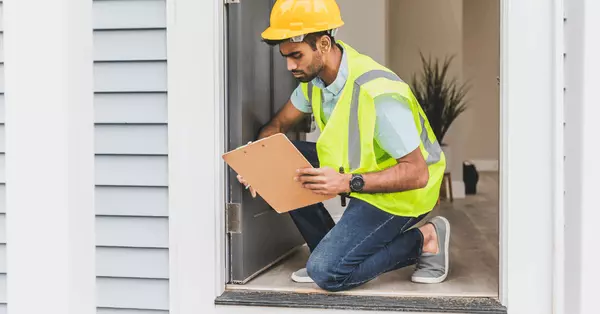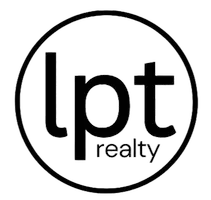

Interested in Becoming a Military Landlord?
Thinking About Renting Out Your Home? Here’s What to Consider As you prepare for your next move, have you thought about renting out your current home instead of selling it? Becoming a military landlord may require effort and planning, but with the help of a professional property manager, it’s entir
Read More

How to Build Credit
Building a credit score is crucial in the years leading up to buying a home. If you’ve never opened a credit card or taken out a loan, you might have zero credit, which can make it difficult for a lender to assess your reliability as a borrower. Without a credit history, getting approved for a loan
Read More

What Is Escrow?
When buying a home, you’ll likely hear your lender or real estate agent mention the term "escrow." Escrow refers to a few different processes, from when your offer is accepted to the day you close on the home, and even after you become a homeowner with a mortgage. There are two types of escrow acco
Read More

Inspection vs. Appraisal for Home Buyers
Inspections and appraisals are crucial steps in the home-buying process, providing valuable insights to help you make an informed decision. While they serve different purposes, both protect your financial investment and give you peace of mind about the home's condition and value. What’s the Differe
Read More
Categories
- All Blogs (36)
- Buyer Stories (1)
- Buyer tips (7)
- Buyers (3)
- Buying (2)
- Buying Advice (3)
- Buying Assistance (3)
- Credit & Debt (2)
- Down Payment (1)
- Financing (8)
- Financing Options (1)
- First Time Home Buyer (20)
- Foreclosures (1)
- Interest Rates (2)
- Loans (4)
- Military (5)
- Mortgage Interest Rates (1)
- Mortgage Rates (1)
- New Construction (1)
- Personal Finance (2)
- Refinance (1)
- Tax tips (1)
- Title & Closing (1)
- VA Loans (1)
Recent Posts










